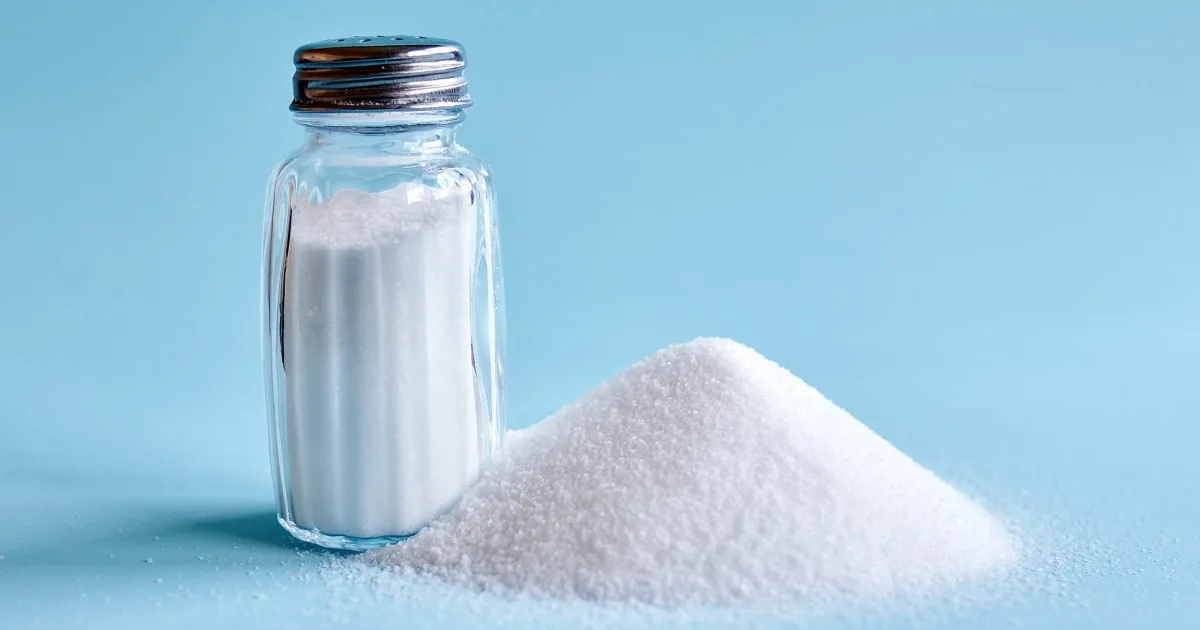Is Too Much Salt Bad For Your Health? A Dietitian Explains
We all know salt enhances the flavor of our favorite foods, but how much is too much? A registered dietitian sheds light on the potential health risks of excessive sodium intake and offers guidance on staying within healthy limits. Let’s dive into the salty truth!
Understanding Sodium’s Role
Sodium is an essential mineral that plays a crucial role in:
- Maintaining fluid balance
- Nerve and muscle function
- Regulating blood pressure
However, the modern diet often contains far more sodium than our bodies actually need.
Recommended Daily Intake
The American Heart Association recommends no more than 2,300 milligrams (mg) of sodium per day for most adults. Ideally, aiming for 1,500 mg per day is even better, especially for individuals with high blood pressure.
The Dangers of Excess Sodium
Consistently exceeding the recommended sodium intake can lead to several health problems:
- High Blood Pressure: Sodium increases blood volume, putting extra strain on your heart and blood vessels.
- Heart Disease: High blood pressure is a major risk factor for heart disease, stroke, and heart failure.
- Kidney Problems: The kidneys filter sodium from the blood. Too much sodium can damage the kidneys over time.
- Fluid Retention: Excess sodium can cause your body to retain water, leading to swelling in the legs, ankles, and feet.
Hidden Sources of Sodium
It’s not just the salt you add to your food that matters. Many processed and packaged foods are loaded with sodium:
- Canned soups and vegetables
- Processed meats like bacon, sausage, and deli meats
- Frozen meals
- Snack foods like chips and pretzels
- Restaurant meals
Tips for Reducing Sodium Intake
Here are some practical strategies to lower your sodium consumption:
- Read Food Labels: Pay attention to the sodium content per serving and choose lower-sodium options.
- Cook at Home: Preparing your own meals allows you to control the amount of salt added.
- Use Herbs and Spices: Season your food with herbs, spices, and lemon juice instead of salt.
- Rinse Canned Foods: Rinsing canned beans and vegetables can help remove some of the sodium.
- Limit Processed Foods: Focus on whole, unprocessed foods like fruits, vegetables, and lean protein.
- Be Mindful When Eating Out: Ask for your food to be prepared without added salt, and request salad dressings and sauces on the side.
Final Words
While sodium is essential for bodily functions, moderation is key. By being aware of your sodium intake and making simple dietary changes, you can protect your health and reduce your risk of developing sodium-related health problems. A balanced diet is always the best approach!



+ There are no comments
Add yours